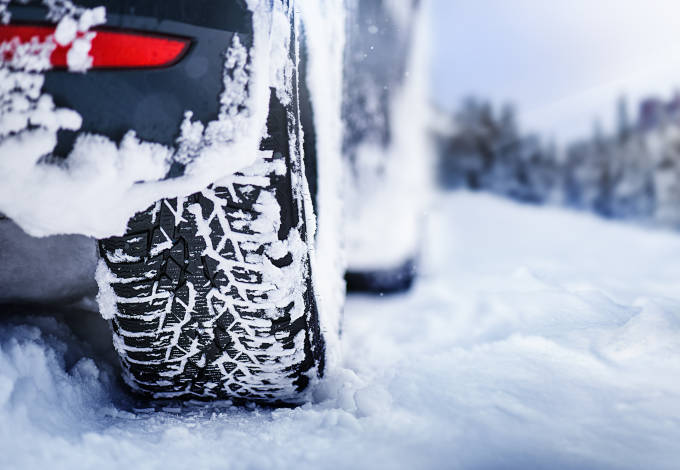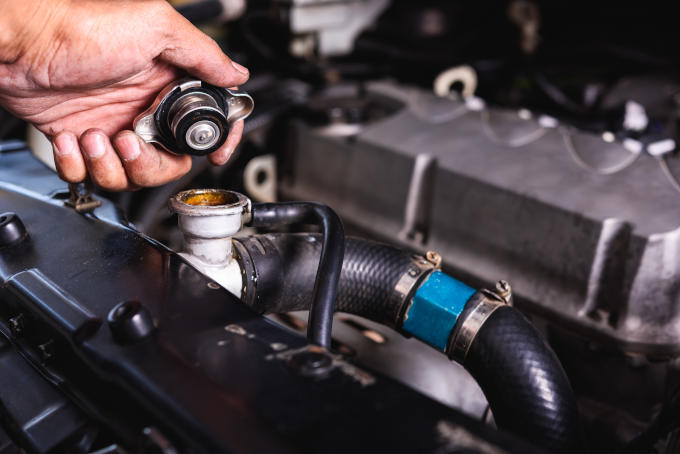Originally published on 10/16/2020
Updated on 9/22/2023
As the leaves start to fall and the autumn chill sets in, it's essential to ensure your vehicle is ready for the changing driving conditions. The days grow shorter, and the weather becomes more unpredictable, making it crucial to prepare your car for the colder months. To assist you in this endeavor, we have compiled a vehicle maintenance checklist to ensure a safe and smooth fall travel experience.
1. Ventilation System
As the temperature drops, it's vital to ensure that your car's heating and air conditioning systems are functioning optimally. Check for coolant leaks on the floor and clear any debris or leaves from the ducts, which can lead to ventilation issues. Additionally, don't forget to inspect and, if needed, replace your cabin filter to maintain a fresh and clean airflow within your car.
2. Wipers, Wiper Fluid, and Windshields
Fall and winter bring an increased need for efficient wiper blades. Ensure they are in good condition, free from cracks or damage. Replace them if they leave streaks or don't wipe the windshield smoothly. This season is also an excellent time to inspect your windshield for any chips and address them before they worsen with the approaching cold weather. Topping off your wiper fluid ensures you're ready for any unexpected encounters on the road.
3. Brakes
Your brakes are critical for safe driving, especially in icy conditions. If you notice any issues with your brakes, seek assistance from an auto technician promptly. It's wise to have them checked during the fall, even if you haven't experienced problems, to ensure they're in optimal condition for winter. Remember to check the brake fluid level and replenish it if necessary, using the recommended brake fluid type for your vehicle.
4. Tire Check
Before the snow arrives, it's essential to assess your tire tread and air pressure. Confirm that your tires are in good condition for winter driving, as adequate tire health is crucial for safety. Use the Quarter Test to gauge tread depth, and don't forget to check the spare tire as well.
5. Lights
With shorter daylight hours, properly functioning lights are crucial. Test your headlights, brake lights, and high beams to ensure they provide adequate illumination. Replace any bulbs that are dim or malfunctioning. Maintaining working lights is essential for safe driving, especially during the darker months.
6. Oil Change
Regular oil changes are vital for your car's engine health. Follow the manufacturer's recommendations regarding oil change intervals, which typically range from every six months to 5,000 to 7,000 miles. You can manually check the oil level using the dipstick and follow the guidelines in your vehicle's owner’s manual. Ensure the oil appears at an appropriate level and has a healthy appearance. Check out our handy 4-step guide for manually checking your oil.
7. Battery
Cold weather can significantly impact a car battery's performance. To prevent inconvenience during winter, check your battery's health in the fall. Look out for signs like dimming lights or unusual sounds during start-up, indicating a dying battery. Regular maintenance and checks can help you avoid battery-related problems when the temperature drops.
By following this comprehensive vehicle maintenance checklist, you're ensuring that your car is well-prepared to handle the challenges of the approaching chilly season. Remember to stay informed about fall driving hazards and always have an emergency travel kit ready for any unforeseen circumstances. With these precautions in place, you and your vehicle are set to navigate the autumn roads safely and with confidence. Drive on!










